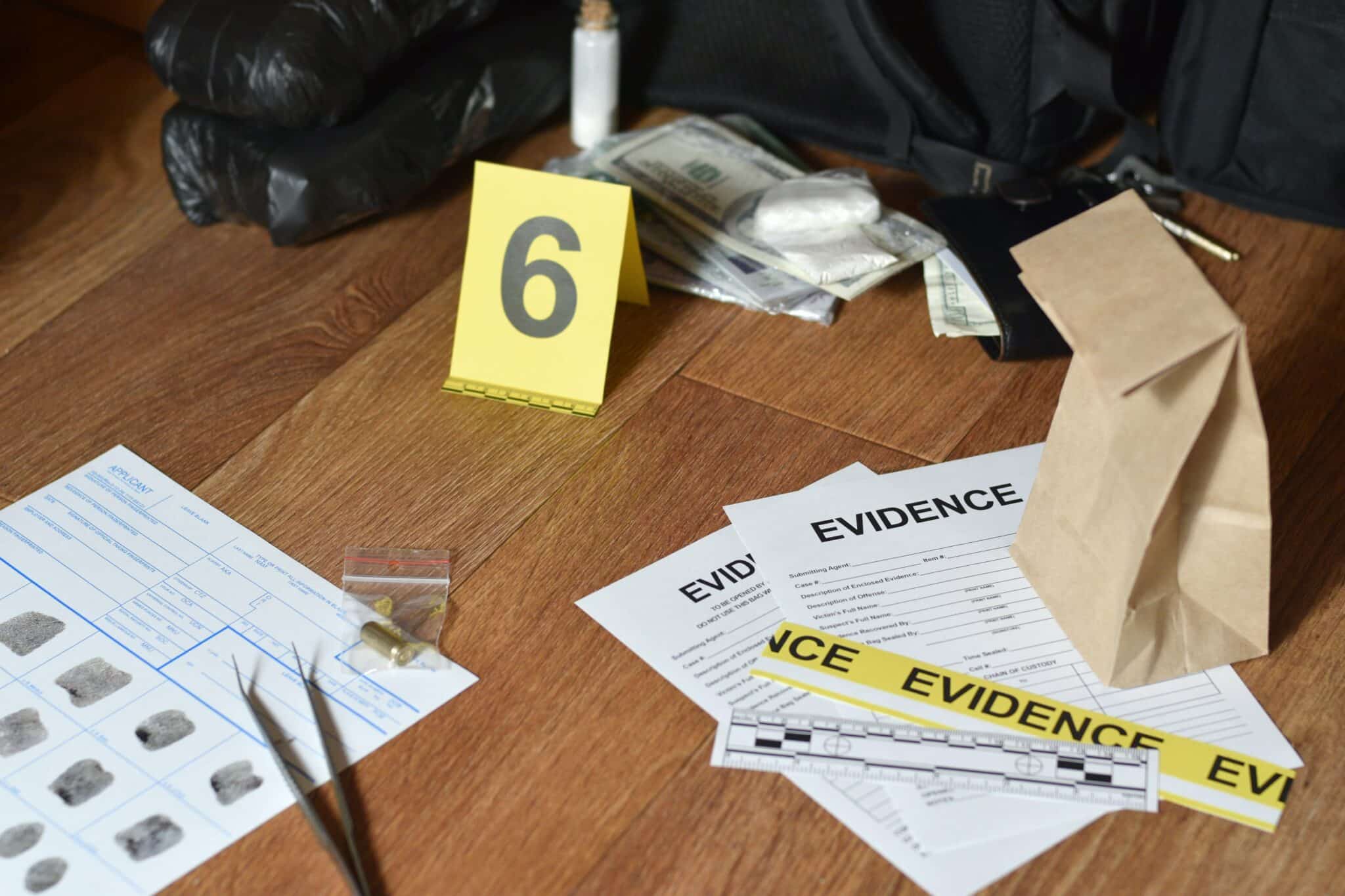
When you’re facing criminal charges in Maryland, the evidence the State uses against you can make or break your case. But it’s not enough for prosecutors to simply have evidence—they must also prove that it was collected, handled, and preserved properly. That’s where the concept of chain of custody becomes critically important.
What Is Chain of Custody?
Chain of custody refers to the documented and unbroken timeline showing who had possession of a piece of evidence from the moment it was collected until it is presented in court. This chain must show that the item hasn’t been altered, tampered with, or contaminated in any way.
In a criminal case, evidence like drugs, weapons, blood samples, or cell phones often changes hands multiple times—between police officers, crime scene investigators, forensic labs, and evidence technicians. If the prosecution can’t account for each handoff, the evidence may be challenged and excluded.
Why Chain of Custody Matters
In Maryland criminal trials, the integrity of physical evidence is everything. The defense has a right to question whether an item presented in court is actually the same item that was collected at the scene—or if it could have been switched or mishandled along the way.
A broken or incomplete chain of custody can raise serious doubts about the reliability of the State’s case. If there’s no clear record of who had the evidence and when, a judge may rule that it’s inadmissible. That could lead to reduced charges—or even a dismissal.
Common Chain of Custody Issues
Here are some common problems that can arise with the chain of custody in Maryland cases:
- Missing documentation: If there’s no written record of who transferred or received the evidence, the chain is incomplete.
- Unsecured storage: Evidence must be stored in a secure, controlled environment. Improper storage can lead to contamination or loss.
- Unauthorized access: If unauthorized individuals handled or accessed the evidence, its integrity can be questioned.
- Delays or gaps: Long gaps in the timeline without explanation can cast doubt on whether the evidence is still reliable.
These issues are especially common in drug cases, DUI charges involving blood or urine samples, and violent crime investigations involving DNA or weapons.
How a Criminal Defense Lawyer Challenges Chain of Custody
A skilled Southern Maryland criminal lawyer will carefully review every step in the chain of custody to identify weaknesses. This may include:
- Filing motions to suppress evidence due to improper handling or documentation
- Cross-examining police officers, lab technicians, or evidence custodians
- Highlighting inconsistencies or missing links in the State’s evidence trail
In some cases, exposing a weak chain of custody can result in key evidence being thrown out—making it harder for prosecutors to prove guilt beyond a reasonable doubt.
Chain of Custody and Your Rights
The government has the burden of proving that evidence is authentic and trustworthy. You have the right to hold the State accountable and to demand transparency about how evidence is collected and stored. If your case involves questionable evidence, the chain of custody could be a powerful tool in your defense.
At Southern Maryland Criminal Defense, we’ve successfully challenged tainted evidence in felony and misdemeanor cases throughout Charles, St. Mary’s, Prince George’s, and Calvert counties. We know how to find the cracks in the State’s case—and we use those cracks to protect your rights.
Facing criminal charges? Evidence may not be as solid as it seems.
Schedule a free consultation with Southern Maryland Criminal Defense and learn how we can challenge the chain of custody in your case.
